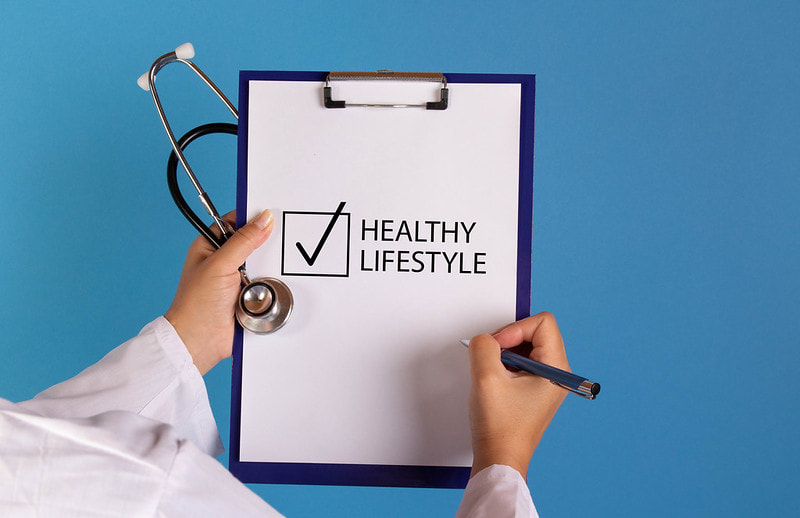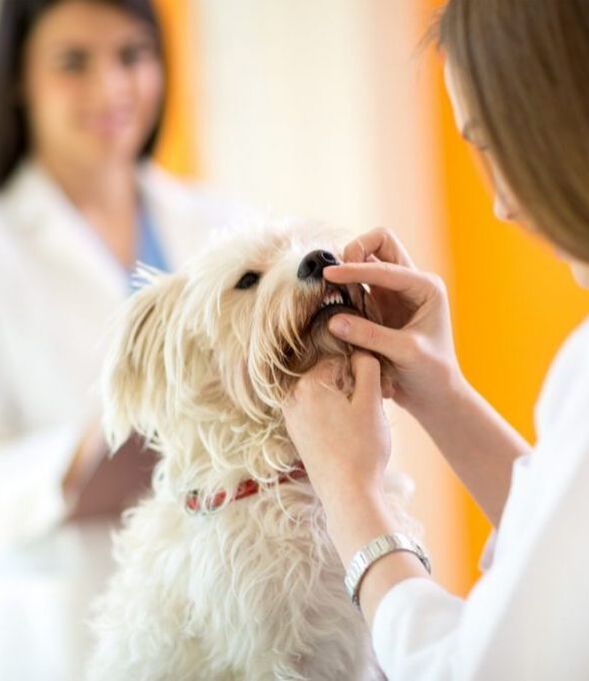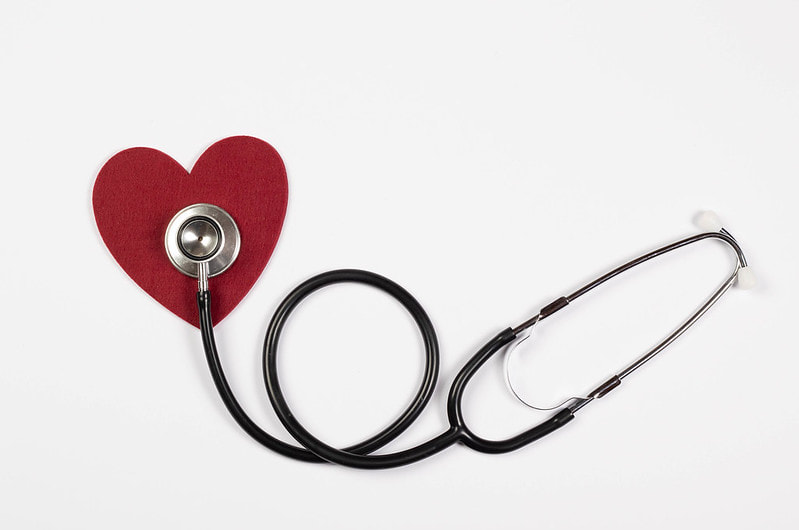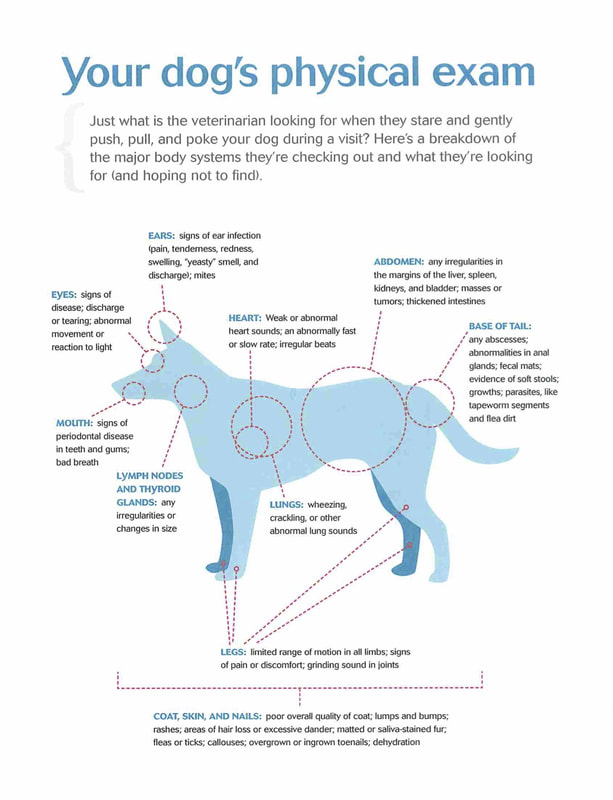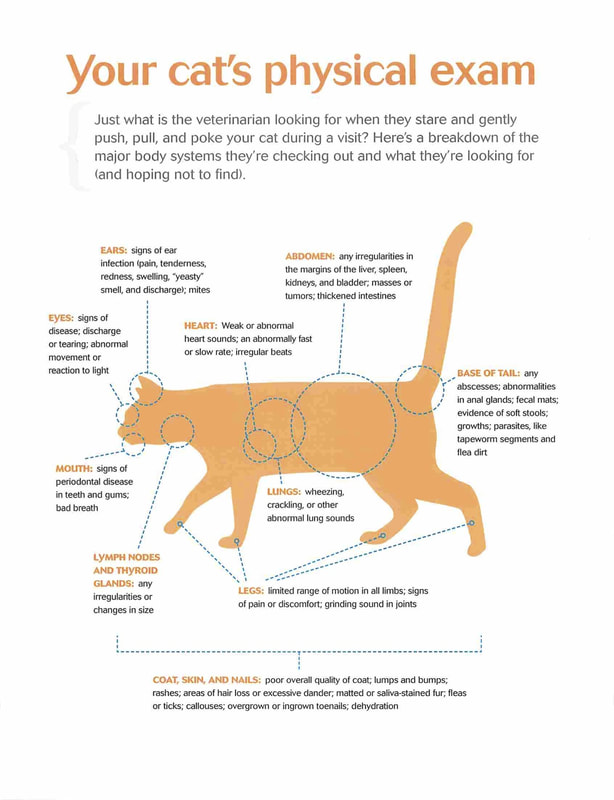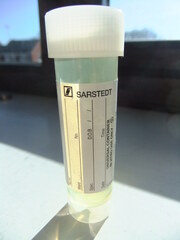Comprehensive Physical Exams
How often should my pet have a physical examination?
This usually depends on your pet's age. The goal here is to maintain good health. As a puppy or kitten, wellness exams are recommended on a monthly basis, while for the average adult, annual wellness examinations are the norm, and for middle aged or geriatric pets, semi-annual examinations are recommended.
Pets age at a faster rate than people. It is a popular misconception that one calendar year equates to seven years in a dog's life. In actual fact, in one calendar year a dog may age the equivalent of four to fifteen years in a human's life. The reason for this dramatic difference is that puppies reach maturity very quickly, and are essentially adolescents or young adults by a year of age - thus they are considered to be the equivalent of a 15 year old by their first birthday. During the second year, the rate of aging slows down a little so that the average dog is considered to be the equivalent of a 24-25 year old by their second birthday. After that, the rate of aging is estimated to be 4-5 dog years per calendar year, depending on the size and breed. Large breed dogs age relatively more quickly than small breed dogs. By the time your dog reaches its 6th birthday, it will be either middle-aged (if a small or medium breed dog) or geriatric (if a large breed dog). Cats age along the same timeline as small breed dogs do.
How often should my pet have a physical examination?
This usually depends on your pet's age. The goal here is to maintain good health. As a puppy or kitten, wellness exams are recommended on a monthly basis, while for the average adult, annual wellness examinations are the norm, and for middle aged or geriatric pets, semi-annual examinations are recommended.
Pets age at a faster rate than people. It is a popular misconception that one calendar year equates to seven years in a dog's life. In actual fact, in one calendar year a dog may age the equivalent of four to fifteen years in a human's life. The reason for this dramatic difference is that puppies reach maturity very quickly, and are essentially adolescents or young adults by a year of age - thus they are considered to be the equivalent of a 15 year old by their first birthday. During the second year, the rate of aging slows down a little so that the average dog is considered to be the equivalent of a 24-25 year old by their second birthday. After that, the rate of aging is estimated to be 4-5 dog years per calendar year, depending on the size and breed. Large breed dogs age relatively more quickly than small breed dogs. By the time your dog reaches its 6th birthday, it will be either middle-aged (if a small or medium breed dog) or geriatric (if a large breed dog). Cats age along the same timeline as small breed dogs do.
|
What kind of questions will be asked before my pet's exam?
Before the veterinarian comes in, a veterinary assistant will ask you questions about your pet's diet, exercise, thirst, behavior, habits, elimination patterns (i.e., bowel movements and urination), lifestyle, and general health. Based on your pet's history and signalment (age, weight, breed) we will make recommendations for specific preventive medicine such as vaccines, parasite control (including preventive treatments for fleas, ticks, intestinal parasites and heartworms), nutrition, skin and coat care, weight management or dental care. In addition, your veterinarian will discuss your pet's individual circumstances and decide whether any other life-stage or lifestyle recommendations would be appropriate. |
|
The physical exam- Your veterinarian will observe or inspect:
|
Your veterinarian will palpate:
- The pulse - depending on the results of auscultation, your veterinarian may simultaneously listen to the chest and palpate the pulse in the hind legs
- The lymph nodes in the region of the head, neck and hind legs - looking for swelling or pain
- The legs - looking for evidence of lameness, muscle problems, nerve problems, problems with the paws or toenails, etc.
- The abdomen - feeling in the areas of the bladder, kidneys, liver, intestines, spleen and stomach in order to assess whether these organs appear to be normal or abnormal, and whether there is any subtle evidence of discomfort
What else might be checked during a wellness examination?
Your veterinarian will recommend that a fresh sample of your pet's feces (bowel movement) is examined as part of every wellness examination. This sample will be processed and microscopically evaluated for the presence of parasite eggs. In puppies and kittens, monthly fecal examinations are extremely important since many will have intestinal parasites from their mom and environment. Adults are still at risk but are much less likely to carry these parasites once they are on a monthly preventative.
As part of a complete examination, your veterinarian will usually recommend wellness screening tests that can be run right in our fully integrated laboratory such as a complete blood count (CBC), a blood chemistry profile, and a urinalysis. Your veterinarian will advise you about how extensive the testing should be. In younger animals without noticeable health complaints, relatively simple testing may be adequate. In middle-aged or geriatric pets, more comprehensive testing is advisable. For older pets, additional wellness screening tests may include chest or abdominal x-rays to assess the size and appearance of the internal organs (heart, lungs, kidneys, liver) or x-rays of the skeletal system to look for degenerative changes in the bones or joints.
Your veterinarian will recommend that a fresh sample of your pet's feces (bowel movement) is examined as part of every wellness examination. This sample will be processed and microscopically evaluated for the presence of parasite eggs. In puppies and kittens, monthly fecal examinations are extremely important since many will have intestinal parasites from their mom and environment. Adults are still at risk but are much less likely to carry these parasites once they are on a monthly preventative.
As part of a complete examination, your veterinarian will usually recommend wellness screening tests that can be run right in our fully integrated laboratory such as a complete blood count (CBC), a blood chemistry profile, and a urinalysis. Your veterinarian will advise you about how extensive the testing should be. In younger animals without noticeable health complaints, relatively simple testing may be adequate. In middle-aged or geriatric pets, more comprehensive testing is advisable. For older pets, additional wellness screening tests may include chest or abdominal x-rays to assess the size and appearance of the internal organs (heart, lungs, kidneys, liver) or x-rays of the skeletal system to look for degenerative changes in the bones or joints.
|
Is there anything I need to do to prepare my pet for a wellness examination?
When you book the appointment, you should ask whether you should fast your pet before the visit. You should also ask whether you should bring in fresh urine or fecal samples. Prepare yourself with some basic information, such as the brand and type of food that your pet eats, whether the family feeds any table scraps, whether you give your pet any supplements, and whether anybody in the family has noticed any problems. This is also the time that you should take note of any concerns you might have and make inquiries into optimal health maintenance strategies for your furry friend. |

